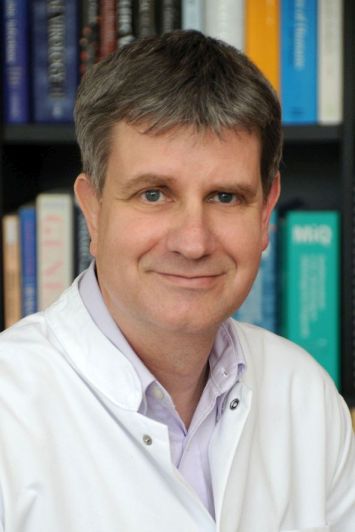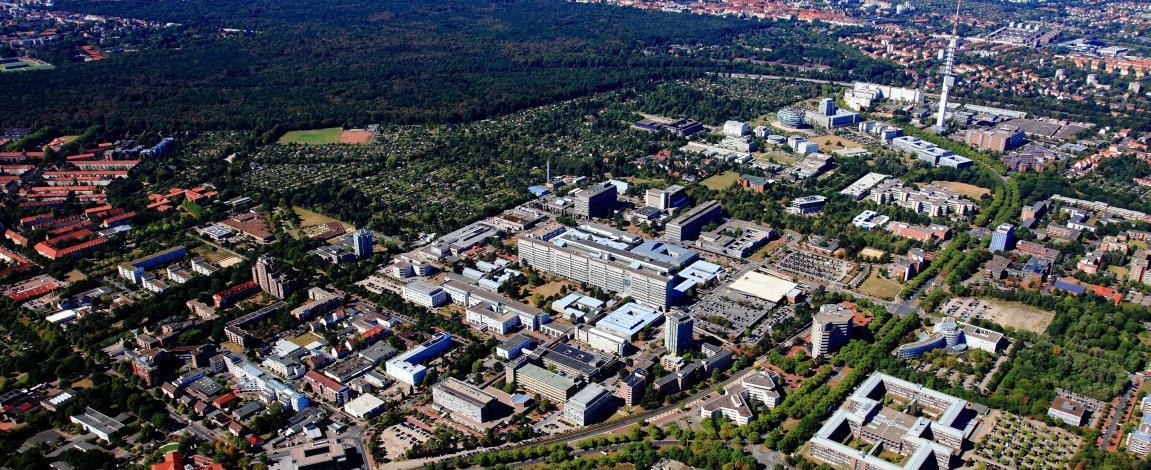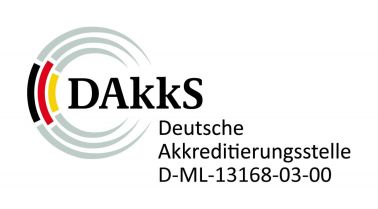Herzlich willkommen
im Institut für Medizinische Mikrobiologie und Krankenhaushygiene der Medizinischen Hochschule Hannover

Das im Jahr 1966 gegründete Institut für Medizinische Mikrobiologie und Krankenhaushygiene ist mit seinen rund 70 festangestellten Mitarbeitern für die mikrobiologische Infektionsdiagnostik im Bereich der Bakteriologie, Mykologie, Parasitologie und Krankenhaushygiene in der Krankenversorgung zuständig. Dazu gehört ebenfalls die Beratung von Ärzten bei der Diagnostik, Therapie und Prävention von Infektionskrankheiten. Von besonderer Bedeutung ist auch die krankenhaushygienische Betreuung der Kliniken und Ambulanzen der MHH.
Einen hohen Stellenwert hat auch die Lehre, zu der Sie unten weiterführende Links finden.
Im Bereich der Forschung fokussiert das Institut auf aktuelle Themen der molekularen Mikrobiologie und Infektionsimmunologie.
Sekretariat:
Carl-Neuberg-Str. 1
Gebäude J6
30625 Hannover
Rebecca Parker Tel. +49 511 532-6724
Christiane Witt Tel. +49 511 532-6770
Fax +49 511 532-4355
Akkreditierung
Mit Wirkung vom 17.12.2003 hat das Institut die Akkreditierung nach DIN EN ISO 15189 für sämtliche durchgeführten diagnostischen Verfahren in den Bereichen Bakteriologie, Mykologie, Parasitologie, Serologie und molekularbiologische Infektionsdiagnostik sowie Krankenhaushygiene erworben.
Ab 23.07.2008 wurde die Akkreditierung erweitert um die Norm DIN EN ISO/IEC 17025 für den Bereich Trinkwasser und Gesundheitsversorgung des Bereiches Krankenhaushygiene.
Weiterführende Informationen:
- Diagnostik
- Molekulare Diagnostik - Antibiotic Stewardship (ABS)
- AG Individualisierte Klinische Mikrobiologie
- Nähere Informationen finden alle Interessierten auch direkt in unserem Einsenderhandbuch (pdf-Download)
- Probenbegleitschein
Informationen zum Arbeitsbereich Krankenhaushygiene finden Sie hier
Im Institut für Medizinische Mikrobiologie und Krankenhaushygiene werden verschiedene Fragestellungen der Infektionsimmunologie und der molekularen Mikrobiologie bearbeitet.
Auf den folgenden Seiten finden Sie detaillierte Angaben der einzelnen Arbeitsgruppen und der entsprechenden Forschungsgebiete:
- AG Schlüter
- AG Gopala Krishna
- AG Graßl
- AG Lochner
- AG Vital
- AG Individualisierte molekulare und klinische Mikrobiologie (AG IMKM)
Die Arbeitsgruppen des Instituts sind in die folgenden nationalen und internationalen Forschungsnetzwerke integriert:
Publikationen des Instituts für Medizinische Mikrobiologie und Krankenhaushygiene
Lehraufgaben und Lehrangebot des Instituts erstrecken sich auf:
- Studierende der Humanmedizin im Klinischen Studienabschnitt
- Studierende der Zahnmedizin im Klinischen Studienabschnitt
- Studierende der Biologie im gemeinsamen Studiengang Biologie der Universitäten Hannovers
- Studierende im Studiengang Infektionsbiologie
- Studierende der Biochemie
- Studierende der Biomedizin
- Studierende des internationalen Masterstudiengangs "Infectious Diseases - One Health (IDOH)"
- Studierende des Masterstudiengangs Biomedizinische Datenwissenschaften
Zusätzlich werden umfangreiche Lehraufgaben an den Lehranstalten und Schulen der Fachberufe des Gesundheitswesens der MHH wahrgenommen.
Please click here for further information on the Research Training Group 3135 ACME


